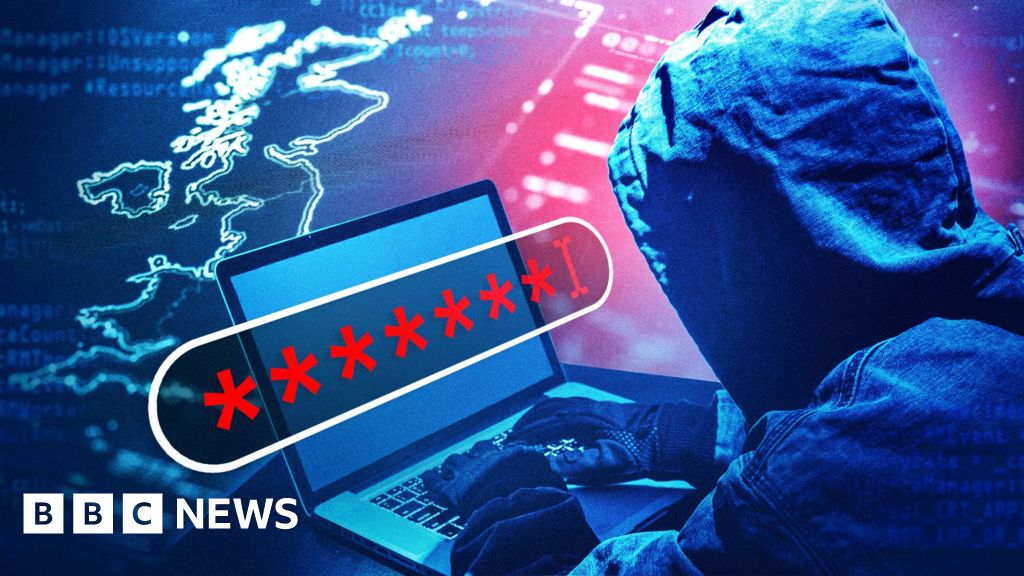Nuclear Security Agency Hacked: Shocking Breach Exposed!

Imagine this: the very agency that safeguards America’s nuclear weapons was just breached by hackers! Yes, you heard it right! The National Nuclear Security Administration (NNSA), which operates under the U.S. Department of Energy, fell victim to a troubling attack targeting Microsoft’s SharePoint document management software.
According to an insider with knowledge of the situation, no sensitive or classified information appears to have been compromised. Nevertheless, the thought that hackers could penetrate such a critical agency sends chills down the spine. The NNSA is responsible for everything from producing and dismantling nuclear arms to providing nuclear reactors for the Navy's submarines and even responding to radiological emergencies. Their mission is undeniably crucial to national security.
The breach is part of a larger pattern of attacks that have previously exploited Microsoft software, a vulnerability that came to light in 2020 during a massive hack linked to SolarWinds Corp. It’s chilling to consider the potential consequences if the hackers had gained access to sensitive data. Thankfully, the agency has emphasized that their cybersecurity systems were robust enough to limit the impact of the intrusion.
On July 18th, a zero-day vulnerability in Microsoft SharePoint was discovered, which affected the Department of Energy, including the NNSA. A spokesperson stated in an email that the department was minimally affected, thanks to its extensive use of Microsoft 365 cloud services and advanced cybersecurity measures. Only a small number of systems were impacted, and they are currently being restored to full functionality.
However, the implications of this breach extend beyond U.S. borders. Microsoft has pointed fingers at state-sponsored hackers from China, highlighting two groups, Linen Typhoon and Violet Typhoon, who have capitalized on these software flaws. This is just one chapter in a broader story of cyber warfare that has already compromised systems across national governments in Europe and the Middle East, as well as various U.S. agencies—including the Department of Education and Florida’s Department of Revenue.
While the full extent of the damage remains unclear, the fact that such breaches can happen is a wake-up call for organizations everywhere to bolster their cybersecurity measures. The hackers' ability to access usernames, passwords, and other credentials raises serious questions about the security of our digital landscape. It appears the battle against cyber threats is far from over.

























